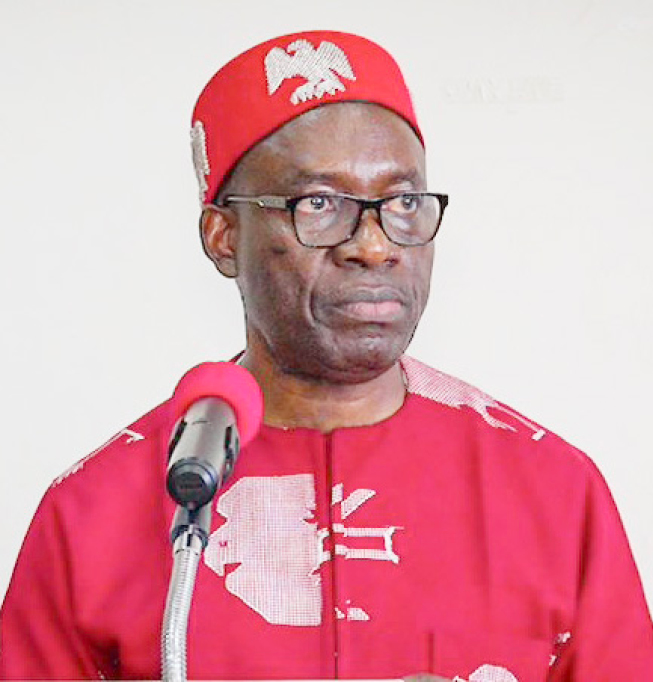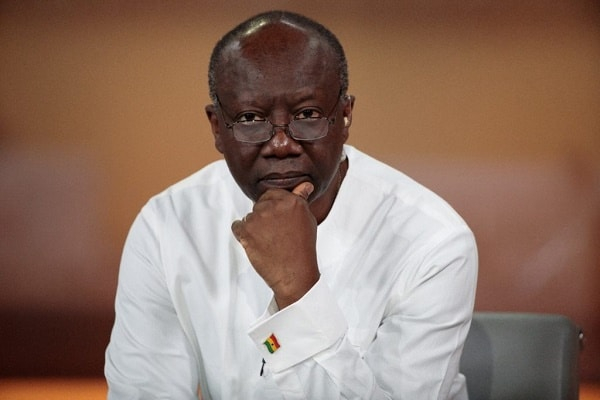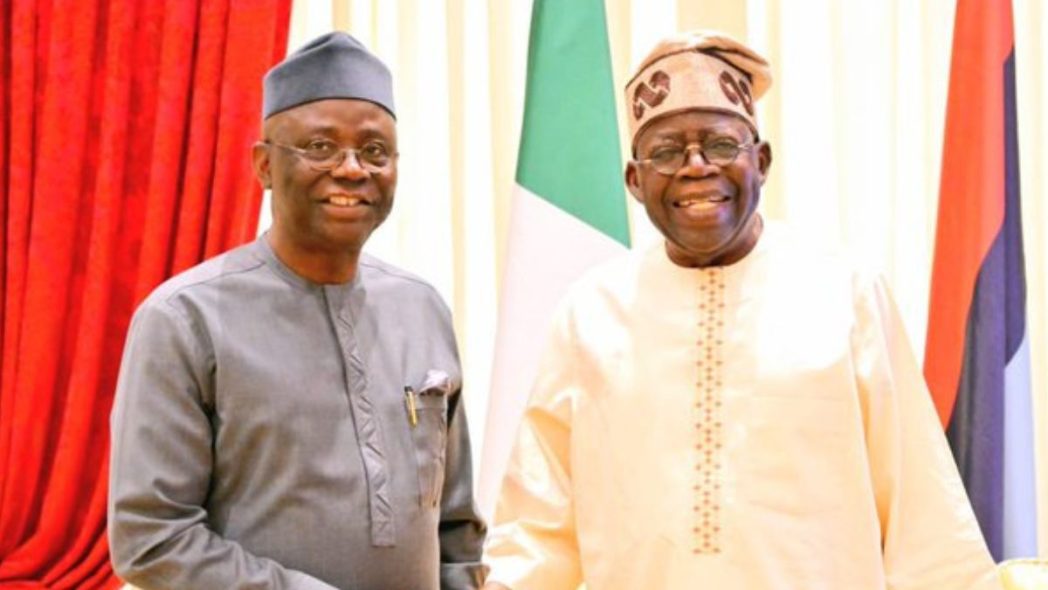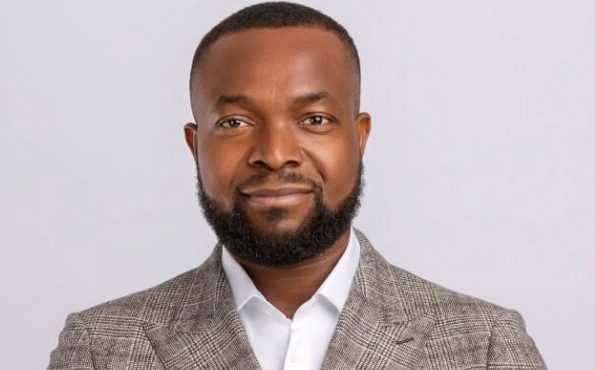King of the long game: Why Nigeria's future belongs to patient leadership | TheCable
“…When I invested Lagos State funds in Econet they criticised me. But I used #4 billion to bring bock #19 billion to Lagos State. So, who really made the better decision?
…the truth is, when you’re superior to them in knowledge, in intellectual capacity, in professionalism, they do not engage on the issues. Instead, they try to drag you into the mud. And when you wrestle with a pig, you get stained.
...when will I rest from politics? I’ll rest when I free Nigeria.”
That video was recorded circa 2009. Before the Action Congress of Nigeria (ACN). Five years before the All Progressive Congress was formed and 14 years before he was elected our President. For that long, and I dare say even before, he has been working towards his goal. He played the long game. Many things have changed since then, but his intention remains the same. To free Nigeria.
To achieve his lifelong dream, he is once again playing the long game. This is evident by the policies his administration is pursuing.
Back to that clip, it reminded me why transformative leadership often looks like recklessness to short-term thinkers. The King of the Long Game understands something critics miss: the most impactful policies require time to mature, like investments that compound over decades.
In our hyperconnected world, where instant gratification often drives decision-making and campaign cycles are every three years, we sometimes forget that the most transformative policies require time to germinate, grow, and ultimately transform lives. The question that should guide every good leader is not ‘what can we achieve by next year?’ but rather ‘what seeds are we planting today that will yield a harvest for generations?’
This long-term perspective is what distinguishes truly visionary leaders from mere administrators. Take Chief Obafemi Awolowo’s introduction of free primary education in the Western Region in 1955. Critics called it financially reckless, politically motivated, and economically unsustainable. Yet that single policy decision created the most educated generation in Nigeria’s history, producing the doctors, engineers, lawyers, and business leaders who would drive the nation’s development for decades.
The children who walked barefoot to those free schools in the 1950s and 1960s became the professors, CEOs, and innovators of the 1980s and 1990s. They raised families who valued education, created businesses that employed thousands, and built the intellectual foundation upon which modern Nigeria stands. Awolowo understood that education is not just a policy- it’s an investment in human capital that compounds over generations.
As Dr. Myles Munroe once said, “Managers think of the next position. Leaders think of the next generation”. That distinction could not be more relevant today.
Similarly, during Tinubu’s Lagos governorship (1999-2007), every major reform faced fierce criticism. Free WAEC and NECO examinations? “Unsustainable.” Jigi Bola? “Pointless.” The Health Insurance Scheme? “Poorly timed.” The BRT system? “A waste of resources.”
Today, Lagos remains Nigeria’s economic powerhouse precisely because of these “controversial” investments. The young professionals driving Lagos’s economy often trace their success to policies that removed barriers when their families couldn’t afford examination fees or healthcare.
Now we’re witnessing history repeat itself with the Nigerian Education Loan Fund (NELFUND). Since launching on May 24 last year, it has disbursed to 298,124 students across 198 institutions, with a remarkable 92% approval rate on over 550,000 applications.
Critics ask why fund education when unemployment is high? Why invest in long-term programs when immediate needs press? This perspective fundamentally misunderstands transformative change. The infrastructure we build today serves this generation. The education we fund today serves the next generation.
Every NELFUND beneficiary represents a future innovator who will not just fill existing jobs but create new industries. When a brilliant student from rural Kebbi can study engineering debt-free, or a young woman from Cross River can pursue medicine with the guarantee of debt forgiveness after five years of Nigerian service, we are not just changing individual lives- we are building the human capital foundation for economic diversification.
What makes this moment unprecedented is the convergence of educational investment with Nigeria’s digital revolution. NELFUND beneficiaries will graduate into a Nigeria where fibre optic cables reach every corner, where 5G networks eliminate geographic barriers to opportunity.
A computer science student in Makurdi can now collaborate with MIT researchers, access Oxford’s online courses, and launch a fintech startup serving West Africa from Nigeria. This is the “digital dividend”-the exponential returns when brilliant minds have global access through reliable connectivity.
Our young entrepreneurs already demonstrate this potential. From Flutterwave to Etap to Jumia, Nigeria’s digital natives build global solutions. Imagine their capabilities with universal broadband access and comprehensive digital literacy.
What makes President Tinubu ‘s approach particularly powerful is the compound effect of his policies. Educated parents prioritise their children’s education. Economic opportunities in one generation create investment capital for the next. When combined with digital infrastructure, this compound effect becomes exponential.
The children benefiting from NELFUND today will likely send their own children to better schools, funded by the opportunities their education provided. They will start businesses employing others, pay taxes, fund public services, and contribute to a virtuous development cycle spanning generations.
This same thinking is visible in the recent passage of the long-debated National Tax Reform Package, designed to streamline collections, reduce burdens for SMEs, and improve compliance. Its impact will not only be immediate, but it will also clear the fiscal underbrush needed to grow a broader, fairer revenue base for years to come.
Critics of patient, strategic leadership often ask for immediate results in a complex world requiring generational thinking. They want quarterly returns on policies designed for decadal impact. President Tinubu understands that true transformation takes time-but in our digital age, it can happen faster than ever before.
The Econet investment that drew criticism returned nearly five times Lagos State’s initial stake. The BRT system that seemed extravagant now moves millions efficiently across Africa’s largest economy. The free examinations that appeared financially reckless unlocked countless minds that drive Nigeria’s progress today.
Just this weekend, President Tinubu commissioned the first completed section of the Lagos-Calabar Coastal Highway, a bold infrastructural project long dismissed as “impossible” by doubters. When finished, it will connect 9 coastal states, boost regional commerce, boost tourism and become a permanent artery for national development another long bet already taking shape. Real estate proprietors have begun their harvest.
Nigeria’s future is bright not because of wishful thinking, but because of deliberate policy choices combined with digital infrastructure that amplifies human potential. The King of the Long Game has planted the seeds. The digital highways are being built. The soil is fertile.
The harvest awaits, and it will be sweeter and more bountiful than we can imagine.
And perhaps this is the clearest sign of all that for President Tinubu, it is not just politics; it is purpose. He will rest, as he said, only when he has freed Nigeria.
Idris Olorunnimbe is the group chief executive of The Temple Company, a creative enterprise building Africa’s future through talent, media, and innovation. He is passionate about youth empowerment, policy, and nation-building.
Views expressed by contributors are strictly personal and not of TheCable.












